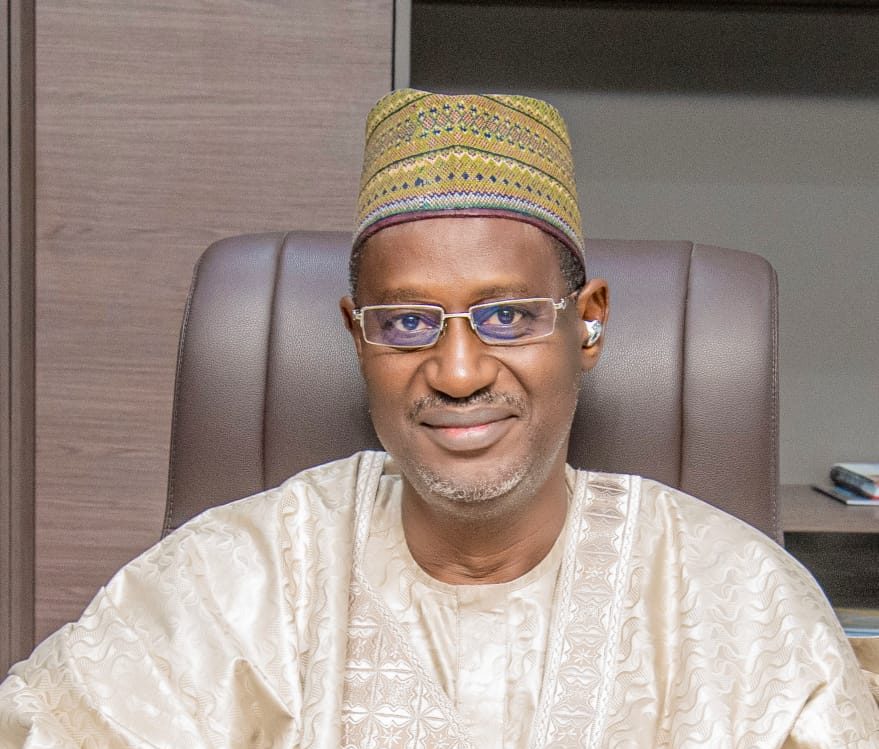Two years after President Bola Ahmed Tinubu pledged to bridge Nigeria’s severe housing deficit, rising inflation, rental spikes, and stagnant household incomes are stalling progress, casting doubt on the feasibility of the administration’s housing promises.
On May 29, 2023, President Tinubu launched the Renewed Hope Cities and Estates initiative with the goal of delivering thousands of housing units across the country. Early milestones included the rollout of over 10,000 housing units spread across 14 construction sites and the debut of 3,112 units in Abuja’s Karsana district. But as Nigeria’s economy falters, housing delivery is increasingly constrained by financial pressures.
With Nigeria’s population estimated at 223 million and expected to hit over 400 million by 2050 the demand for urban infrastructure and housing is intensifying. Despite government efforts, the housing deficit remains alarming, with estimates ranging from 17 to 28 million units. The Tinubu-led government’s initiative aimed to address this through city-scale developments in Lagos, Kano, and the FCT, along with housing estates in 12 states.
Yet, analysts argue that the current N50 billion housing budget falls far short of what is required. The Ministry of Housing is lobbying for a tenfold increase to at least N500 billion starting in 2025.
To make homeownership more accessible, the Federal Mortgage Bank of Nigeria (FMBN) has introduced reforms including a higher loan ceiling of N50 million, lower equity requirements, and interest rates capped at single digits. But the impact of these reforms has been limited by Nigeria’s worsening inflation, which has pushed the price of building materials out of reach for many.
Cement, for example, now sells for between N10,000 and N10,500 per 50kg bag, up from around N3,000 in 2023. The costs of steel, paint, and fittings have also surged due to naira depreciation and global market instability. These expenses now account for more than 60% of housing development costs, forcing many developers to pause or scale down projects.
Rental costs across major cities have doubled in many cases, pushing tenants out of city centers into suburbs. In Lagos, once-affordable apartments now go for between N1.5 million and N3.5 million annually, depending on location and building age. Even one-bedroom flats can command prices as high as N2.5 million in areas like Lekki.
The Lagos State Government, aware of the rising burden, is preparing new policies that allow monthly or quarterly rent payments, easing pressure on tenants who typically struggle to pay lump sums annually.

Despite ambitious rhetoric and well-publicised programmes, many Nigerians say the promises have not translated into tangible relief. Experts like Babatunji Adegoke, treasurer of the Nigerian Society of Engineers (Victoria Island branch), argue that poor implementation and underfunding are hampering progress.
“There are too many unoccupied buildings in urban centers while millions are homeless or living in slums,” Adegoke said. “Government should urgently repurpose abandoned structures for housing and implement property taxes on idle real estate.”
A less visible but equally critical problem is the lack of reliable housing data. Without accurate records on housing stock, policy planning becomes guesswork. Meanwhile, Nigeria’s formal land registration remains abysmally low , under 10% since 1883. Minister of Housing Ahmed Dangiwa has called for a shift, announcing plans to digitise land documentation and increase registration to 50% within a decade.
In tandem, the government is collaborating with the National Population Commission and the National Bureau of Statistics to establish a National Housing Data Infrastructure a first step toward better planning and accountability.
Private developers like Adewunmi Okupe of Ace Hi-Tech Construction Co. Ltd. remain skeptical. “Even homes priced for low-income earners are going for over N30 million,” he said. “There’s a disconnect between policy intent and market reality.”
While the Renewed Hope Cities and Estates initiative was crafted with optimism, many in the housing and construction sector say the country must first tackle inflation, improve access to affordable materials, and overhaul land laws to build at scale.
Until then, for millions of Nigerians, affordable housing remains a distant dream.




